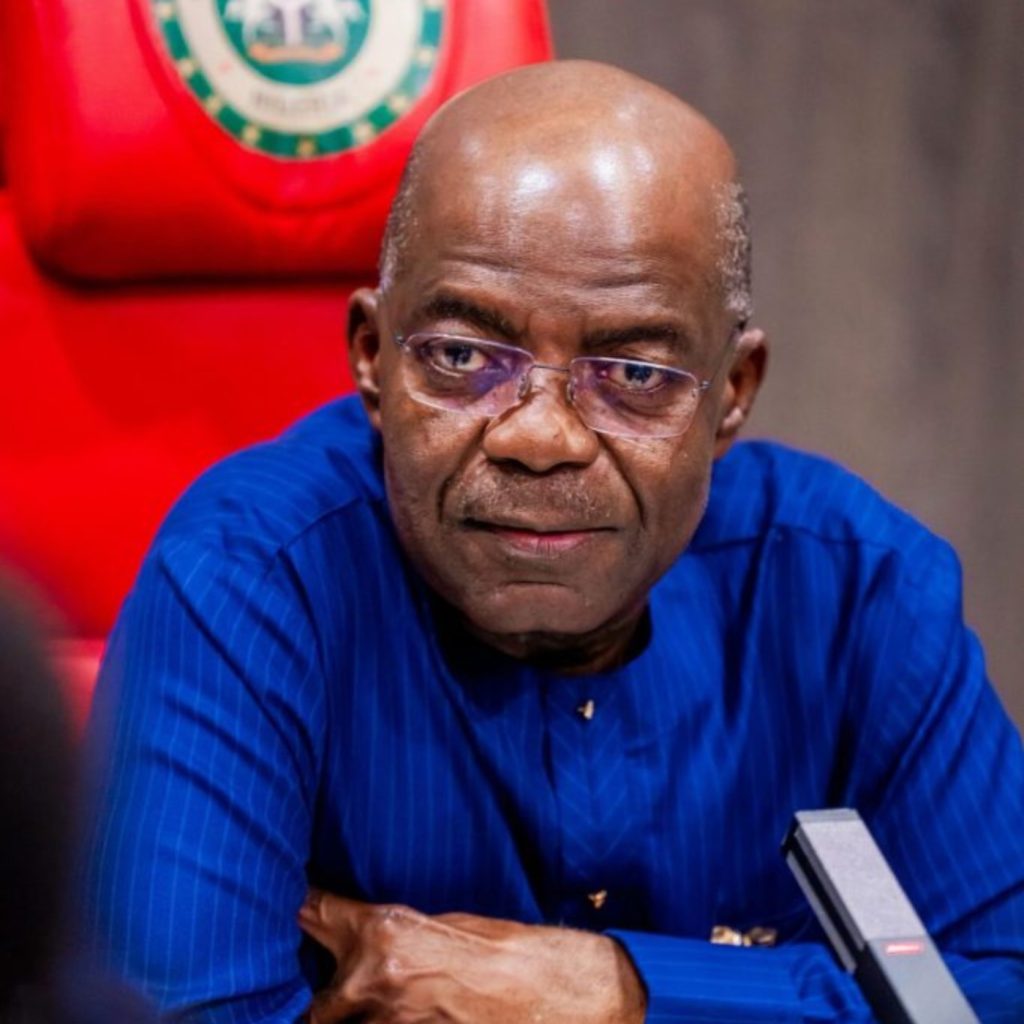South Africa’s President Vows to Implement National Health Insurance Bill Despite Opposition
In a move that has sparked controversy, South Africa’s President Cyril Ramaphosa has reaffirmed his commitment to implementing the National Health Insurance (NHI) Bill, despite strong opposition from within and outside the government.
The NHI aims to provide universal healthcare coverage for all South Africans, by overhauling the country’s two-tier healthcare system. The Bill was signed into law just before the African National Congress (ANC) party lost its parliamentary majority in the May elections.
According to the Bill, the NHI will gradually limit the role of private healthcare insurance, which is currently used by fewer than 16% of South Africans. Supporters of the Bill believe it will help reverse the inequalities that date back to the apartheid era, by providing equal access to healthcare for all.
However, political parties and other stakeholders opposed to the NHI argue that the proposed funding model will not work. They have also expressed concerns that the implementation of the Bill will be undermined by widespread corruption and budget restraints, which are already affecting the country’s ability to fund other basic services.
Despite these challenges, Health Minister Aaron Motsoaledi has announced that sections of the Bill will be implemented "immediately". This includes setting up advisory committees and amending other health-related laws to align with the NHI. However, Motsoaledi also acknowledged that the implementation of the Bill will be phased over several years, and that legal challenges could delay its roll-out.
The NHI has been a contentious issue in South Africa, with many people expressing concerns about the impact it will have on the country’s healthcare system. While some see it as a positive step towards universal healthcare, others believe it will lead to a decline in the quality of healthcare services.
As the debate continues, it remains to be seen how the NHI will be implemented and what its impact will be on the lives of South Africans.



